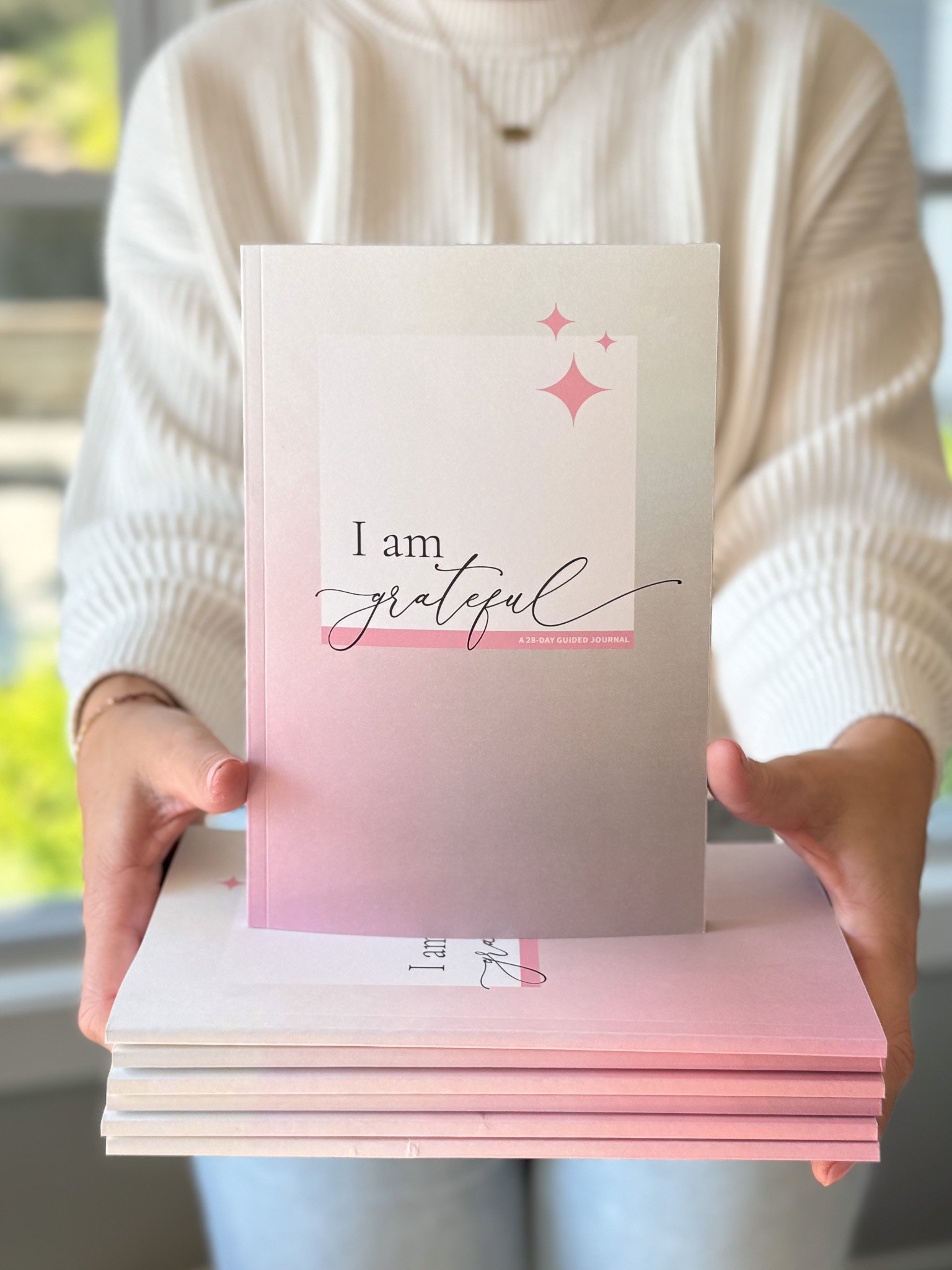How Gratitude Can Transform Your Mind
In today’s fast-paced world, where distractions are endless and stress is common, gratitude might seem like a small practice. But did you know that being grateful can profoundly impact your mental health? Research shows that gratitude isn’t just about feeling good in the moment; it rewires our brains, improving overall well-being and mental resilience. Let’s dive into the benefits of gratitude, backed by science, and discover why incorporating it into your daily life could be the simplest way to boost your happiness.
How Gratitude Affects Your Brain and Mental Health
1. Boosts Happiness and Reduces Stress
Studies reveal that practicing gratitude regularly can increase happiness and reduce stress. According to a study published in Personality and Individual Differences, people who consciously focus on gratitude experience fewer negative emotions and higher levels of life satisfaction. This happens because gratitude shifts our focus from what we lack to what we have, rewiring our brains to notice the positives rather than dwelling on the negatives.
When we’re grateful, our brain releases dopamine and serotonin, the “feel-good” neurotransmitters that lift our mood and make us feel at peace. Think of gratitude as a natural stress reliever—helping us navigate tough times by building resilience and keeping us grounded in what’s good in our lives.
2. Improves Sleep Quality
A night of restful sleep can feel elusive, especially with stress and worry occupying our minds. However, a study published in Applied Psychology: Health and Well-Being found that people who wrote down things they were grateful for before bed slept better and woke up feeling more refreshed. The simple act of gratitude journaling can help you let go of anxieties, allowing you to relax and ease into a good night’s sleep.
So, if your mind races with worries before bed, try ending your day with gratitude. Write down three things you’re thankful for, and let the positive thoughts soothe you into a restful sleep.
3. Enhances Mental Strength
Gratitude can also make you mentally stronger. A study published in Behavior Research and Therapy examined veterans with high levels of gratitude and found that they were less likely to develop PTSD. In moments of hardship, gratitude shifts our perspective, helping us see positive possibilities rather than focusing solely on pain or loss.
Gratitude encourages us to recognize our inner strength, which can improve our resilience and our ability to face life’s challenges with a positive outlook. It’s not about ignoring difficulties but rather appreciating the good alongside them, which helps create a balanced view of life.
4. Promotes a Healthier Mindset and Social Connection
Gratitude doesn’t just benefit you; it also improves your relationships. According to research from The Journal of Happiness Studies, people who express gratitude tend to have healthier relationships and more positive social interactions. Gratitude naturally draws us toward others, making us more empathetic, kind, and supportive. This sense of connection boosts both our mood and the mental health of those around us.
Simply put, gratitude makes us happier and healthier people to be around, creating a ripple effect of positivity and connection.
Simple Ways to Start Practicing Gratitude
Incorporating gratitude into your daily life doesn’t have to be complicated. Here are a few easy ways to start:
Gratitude Journaling: Write down three things you’re grateful for every day. They can be big or small—anything that makes you smile or feel good.
Expressing Thanks: Take a moment to thank someone in your life, even if it’s just a quick message or a heartfelt “thank you” in person.
Gratitude Walks: Spend time in nature, noticing things you appreciate—fresh air, trees, sunlight. Let nature remind you of life’s simple joys.
Mindful Reflection: Before bed, reflect on one thing that went well today and why it mattered to you.
Make Gratitude a Daily Habit
Gratitude doesn’t just change your day; it can change your life. As you incorporate this practice into your routine, you’ll start to notice more positivity, resilience, and a deeper connection to the people around you. So, why not give it a try? A few moments each day could be all it takes to start seeing your world in a new light.


